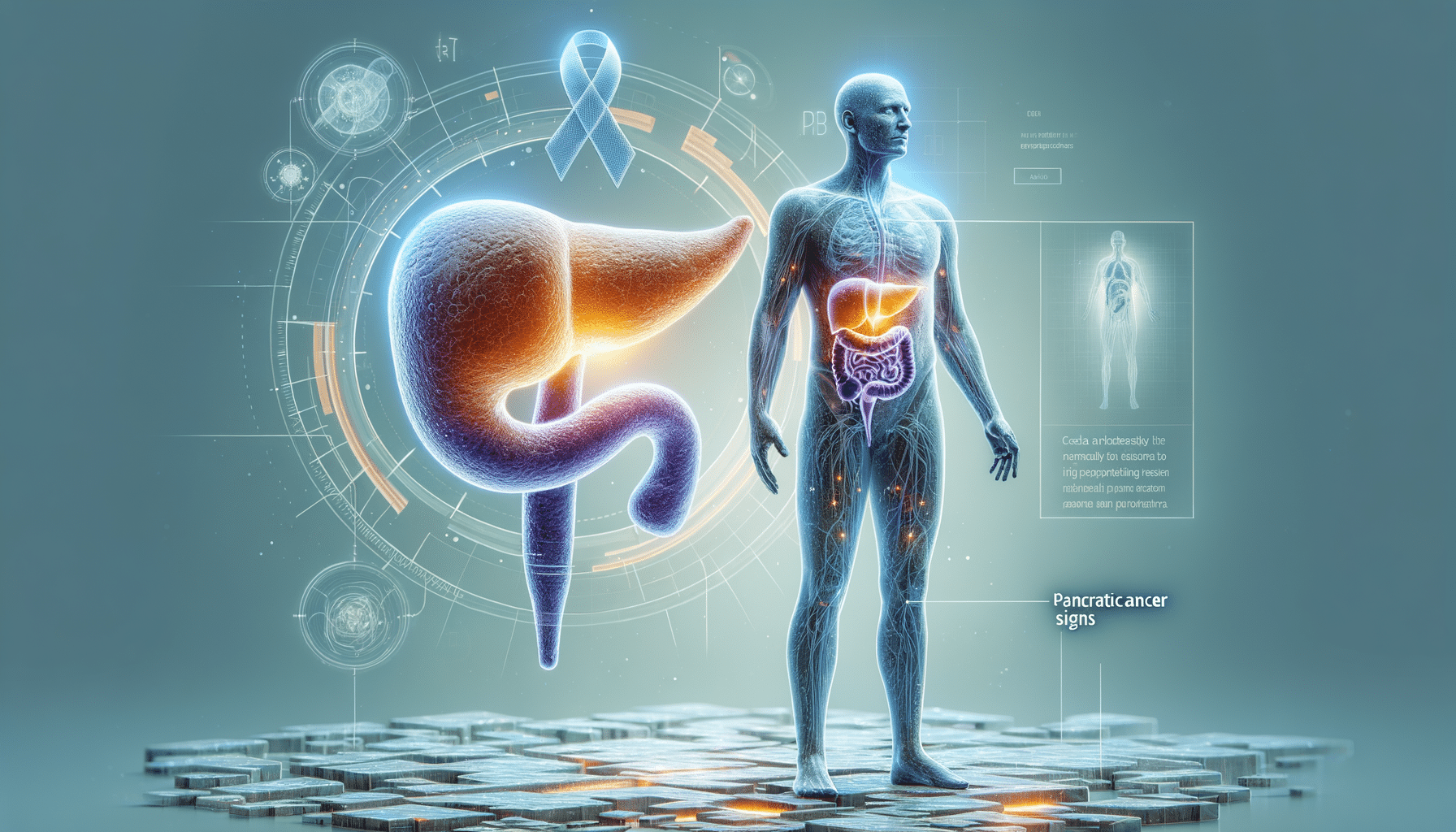
Understanding Pancreatic Cancer Signs: A Comprehensive Guide
Introduction to Pancreatic Cancer
Pancreatic cancer is a formidable health challenge, often dubbed the “silent killer” due to its tendency to remain undetected until it reaches an advanced stage. The pancreas, a vital organ located behind the stomach, plays a crucial role in digestion and blood sugar regulation. When cancer develops in this organ, it can disrupt these essential functions and lead to severe health consequences. Understanding the signs of pancreatic cancer is crucial for early detection and improving treatment outcomes.
The importance of early detection cannot be overstated, as it significantly increases the chances of successful treatment. Unfortunately, many symptoms of pancreatic cancer are subtle and easily mistaken for other less serious conditions. This article aims to shed light on these signs, providing valuable information for individuals to recognize potential warning signals and seek medical advice promptly.
Common Signs and Symptoms of Pancreatic Cancer
Recognizing the signs of pancreatic cancer can be challenging due to their subtlety and overlap with other health issues. However, being aware of these symptoms can facilitate earlier diagnosis. Some common signs include:
- Jaundice: A noticeable yellowing of the skin and eyes, jaundice occurs when the tumor blocks the bile duct, causing a buildup of bilirubin in the body.
- Unexplained Weight Loss: Sudden and unexplained weight loss can be a red flag, as cancer affects the body’s ability to absorb nutrients.
- Abdominal Pain: Persistent pain in the abdomen or back, often worsening after eating or lying down, may indicate pancreatic issues.
- Digestive Problems: Symptoms such as nausea, vomiting, and changes in stool can arise when the pancreas is unable to produce digestive enzymes effectively.
- New-Onset Diabetes: In some cases, pancreatic cancer can lead to the sudden development of diabetes, particularly in individuals with no prior history of the condition.
While these symptoms can be indicative of various conditions, their presence, especially in combination, warrants medical evaluation. Early consultation with healthcare professionals is crucial for determining the underlying cause and initiating appropriate treatment.
Risk Factors and Preventive Measures
Understanding the risk factors associated with pancreatic cancer can aid in prevention and early detection. While some risk factors are beyond control, such as age and genetics, others can be managed through lifestyle changes. Key risk factors include:
- Age: The risk of pancreatic cancer increases with age, with most cases diagnosed in individuals over 60.
- Smoking: Tobacco use is a significant risk factor, with smokers being twice as likely to develop pancreatic cancer compared to non-smokers.
- Obesity: Excess body weight, particularly when concentrated around the abdomen, can increase the risk of developing pancreatic cancer.
- Family History: A family history of pancreatic cancer or genetic syndromes can elevate risk, highlighting the importance of genetic counseling for at-risk individuals.
Preventive measures include maintaining a healthy weight, adopting a balanced diet rich in fruits and vegetables, and avoiding tobacco use. Regular medical check-ups and discussions with healthcare providers about personal risk factors can also play a vital role in early detection and prevention.


